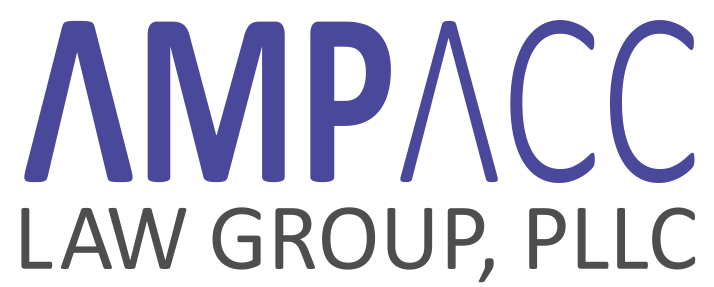PATENT LAW
Practice Leaders
Practice Leaders
Want to get started?

Preparation & Prosecution
Patent procurement is core to our practice. AMPACC has a depth of technical expertise and a breadth of legal experience representing our clients before the USPTO. Our experience enables us to get a notice of allowance in nearly every patent application we handle. Our agents and attorneys have extensive legal and scientific training, and most are registered to practice before the US Patent and Trademark Office (USPTO). Several of our attorneys hold Ph.Ds. and other advanced degrees, in addition to years of industry experience. We don’t simply understand technology; we understand the ins-and-outs of the U.S. patent laws, regulations, and procedures so that we may effectively protect your technological developments under U.S. patent law.
AMPACC obtains optimal patent protection for each of our clients, wherever they do business—whether in the United States or abroad. From prosecuting the U.S. phase of foreign-filed patents to filing foreign applications through our international network of associate firms, AMPACC can help protect your patent rights on a global scale.
Post-Grant Proceedings
Post-grant proceedings offer something for everyone concerned about an issued patent. Patent owners can strengthen their issued patents using post-grant proceedings. Patent challengers can use post-grant proceedings to question the validity of their competitors’ patents. Our attorneys have experience utilizing these proceedings to both defend and challenge patent validity.
Reissue. A patent owner can correct substantive errors in an issued patent by filing a reissue application. Uncorrected errors, such as drawing inaccuracies and improper claim scope, can cause serious problems. Some errors can cause a patent to be invalid or can miss the would-be infringing activities of a competitor. If you have a patent with any substantive errors, reissue may be an appropriate way to prevent undesired consequences of those mistakes. Our attorneys can help you determine whether reissue is the suitable tool to address any concerns you may have about your patent.
Ex Parte Reexamination. A patent owner or third-party can request ex parte reexamination of an in-force patent by presenting the USPTO with prior art that raises a “substantial new question” of patentability. In other words, the USPTO may reconsider its decision to issue a patent based on prior art that may call its validity into question.
Ex parte reexamination may be a less-costly alternative to litigation or inter partes review for parties seeking to invalidate a patent. Although only the patentee can formally participate in the ex parte reexamination process after a request is granted, third-parties may present a strong case of invalidity to the USPTO by submitting solid prior art with a persuasive request for ex parte reexamination. Because ex parte reexamination forces patent owners to defend their patents in a technically sophisticated forum, third-party challengers can prevent patent owners from enforcing patents that should never have been allowed by the USPTO.
